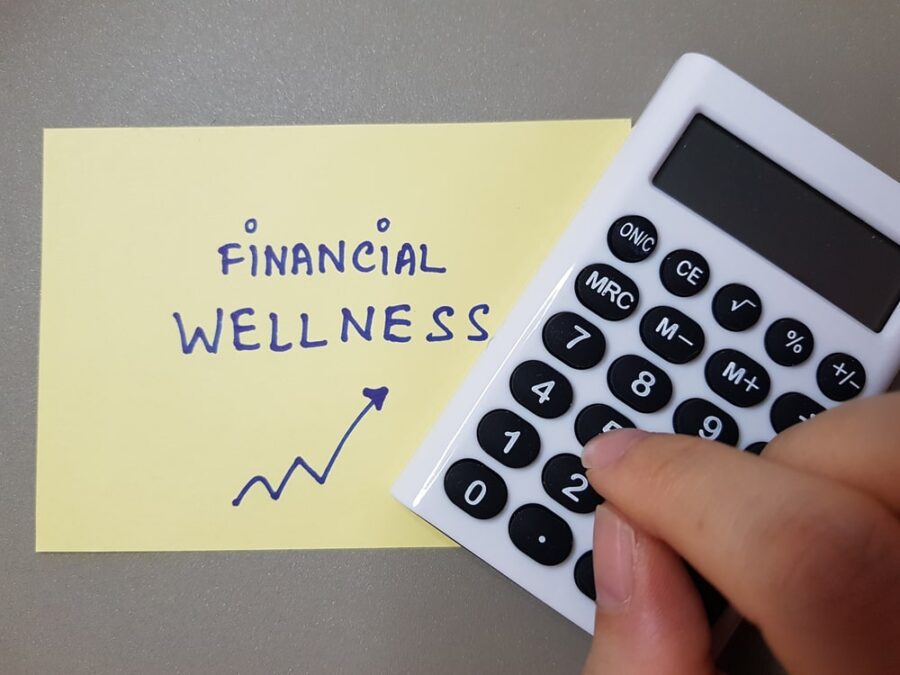
Frequently Asked Questions (FAQ)
How much money do I really need to retire?
This is the most common question, and the honest answer is: it depends entirely on your spending. A popular rule of thumb is the “25x Rule,” which suggests you need to save 25 times your expected first year’s expenses. For example, if you plan to spend $50,000 a year, you would aim for a nest egg of $1.25 million ($50,000 x 25). This is the flip side of the 4% withdrawal rule. However, this is just a guideline. The most accurate way to know how much you need is to create the detailed retirement budget we discussed for the 5-year mark. Your specific needs will determine your number.
Should I hire a financial advisor?
Many people can successfully plan for retirement on their own, but a good advisor can provide immense value, especially in these final five years. They can offer a professional second opinion, help you navigate complex tax strategies, and provide discipline during volatile market periods. If you seek help, consider a fee-only Certified Financial Planner (CFP) who acts as a fiduciary. A fiduciary is legally obligated to act in your best interest. You can find helpful information on choosing an advisor from resources like the Consumer Financial Protection Bureau (CFPB).
What if I’m behind on my savings?
If you’ve run the numbers and realize you have a shortfall, you still have options. First, don’t panic. You can make a significant impact in five years. Focus on aggressively using the catch-up contributions for your 401(k) and IRA. Look at your budget again and see where you can cut back to free up more money for savings. Consider working a year or two longer than you originally planned. Each extra year of work is a triple win: one more year of saving, one less year of withdrawing, and one more year for your investments to potentially grow. Even working part-time in retirement can dramatically reduce the strain on your portfolio.









